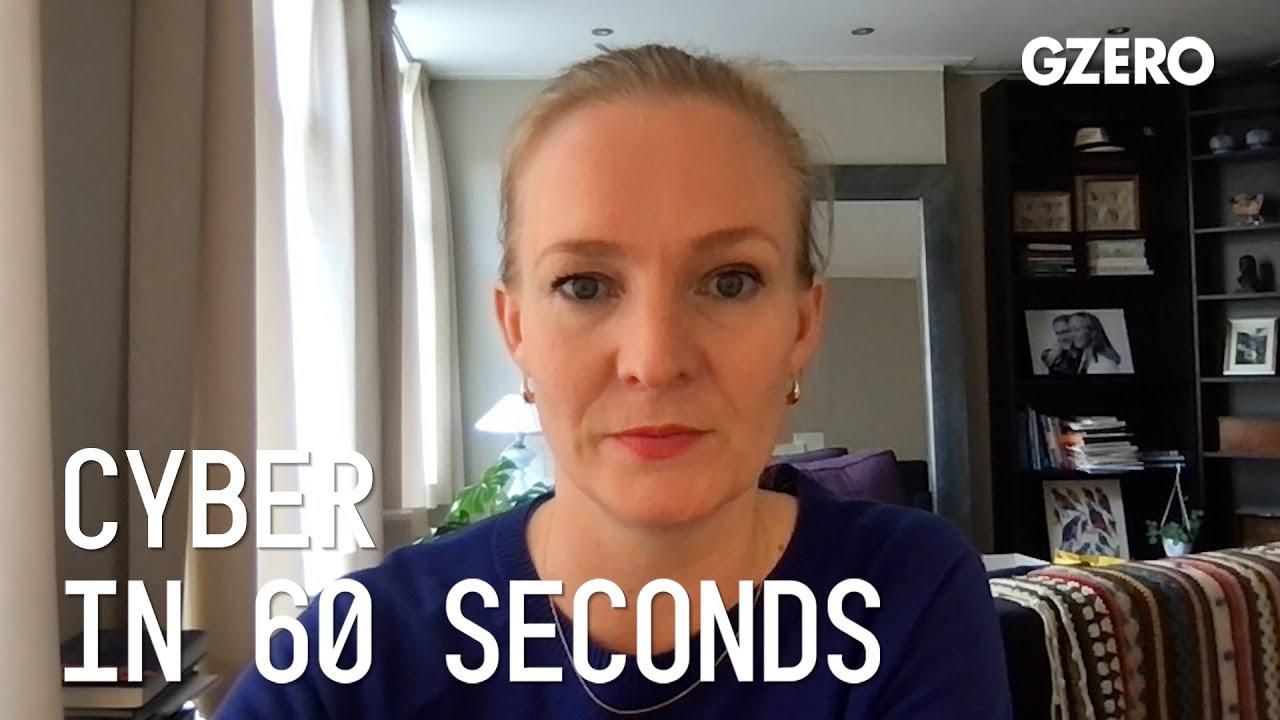
Marietje Schaake, International Policy Director at Stanford's Cyber Policy Center, Eurasia Group senior advisor and former MEP, discusses trends in big tech, privacy protection and cyberspace:
What options does Ireland have responding to the ransomware attack on the country's healthcare system?
Well, authorities are making resources available to decrypt and restore, which is a good step. And they also insist on not paying ransom to the criminals. But after the immediate fallout, they should do a scan on weaknesses in legacy software systems used across the country to make clear who is expected to protect and where weaknesses might exist. Then imposing information sharing standards could help the needed facts to come together and to facilitate both resilience and damage control in the future. There's also an opportunity to cooperate on attribution and accountability with like-minded countries. This should really push to end the impunity with which these crimes are perpetrated.
How can consumers protect themselves from cryptocurrency scams?
Well here, my best advice is to use common sense. If a deal seems too good to be true, it probably is. And if there is no way to verify who runs a Bitcoin operation, then you have to ask yourself what an acceptable level of risk is in relation to your precious savings.